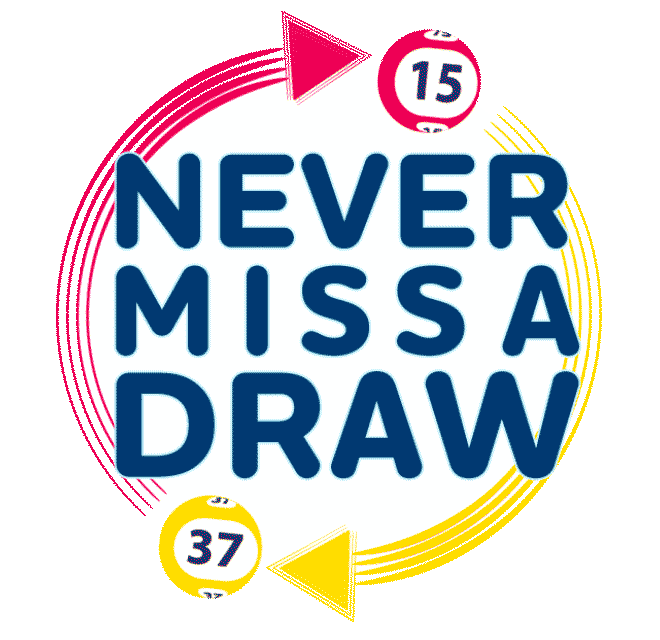
A lottery is a way for the government to raise money by selling tickets with numbers on them. The people who have the right number get a prize, usually money. Some governments also donate a percentage of their profits to good causes.
The history of the lottery is long, and many governments have endorsed it in one form or another. Some outlaw lotteries while others endorse them to the extent that they organize their own national or state lottery games.
Early Togel Hongkong Hari ini games were simple raffles in which a person purchased a ticket preprinted with a number. These games could take weeks to determine if the player was a winner.
As technology advanced, consumers began demanding more exciting games that offered quicker payoffs and a variety of betting options. This led to the development of a number of different types of lottery games, including instant ticket games, multi-state lotteries (Powerball), and scratch games.
In order to increase sales, some lottery organizers offer large jackpots. This helps to drive up ticket sales and increases the chances that someone will win. However, this can lead to a reduction in ticket sales if the odds are too high. In this case, the prize amount might be reduced.
Lottery is a popular source of revenue for many states. It is a method of raising revenue without adding new taxes, and it is frequently supported by voters in times of fiscal stress.
A state lottery typically begins with a small number of relatively simple games and gradually expands its scope and complexity as the need for additional revenues grows. The expansion can be driven by economic conditions, such as an influx of tourists or a lack of local jobs, or by the desire to entice residents from neighboring states to play in the new lottery.
There are several types of lotteries, and each type has its own rules, regulations, and operating procedures. These include the number of balls in the game, the odds against winning, and the jackpot size.
For example, if the game contains five balls and the odds are 0.5:1, then it would be difficult to win. But if the game contains 51 balls and the odds are 0.55:1, then it is much easier to win.
In recent years, a growing number of lottery games have incorporated licensed properties into their games to enhance their appeal to players. These properties may be sports franchises, television programs, or other popular products.
The introduction of such licensed properties has prompted concern that they may exacerbate existing problems related to lottery gambling. This includes the targeting of poorer individuals, increasing opportunities for problem gamblers, and presenting these players with more addictive games.
A lottery can be a great source of income for the government, but it should not be taken for granted. Purchasing tickets to a lottery is an act of gambling that can lead to serious financial losses over time, especially for people who become addicted to the game.